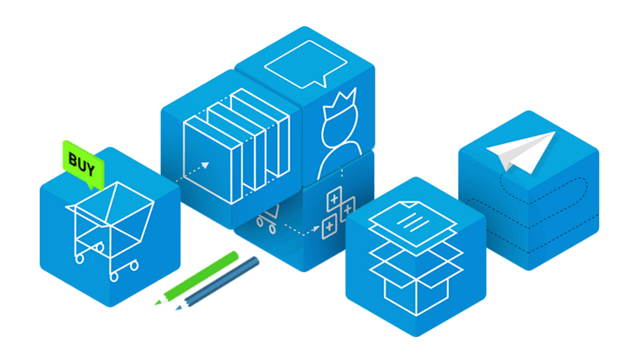If you're in the world of E-commerce, you've probably heard of Hybris - the SAP omni-channel platform used to build robust virtual stores. But what exactly has caused there to be so much hype around Hybris? Let's start with an overview of what it is.
SAP Hybris Commerce
- -It's built over Spring Framework and uses a lot of other open source frameworks in its code, such as Lucene, Drools, and ZK
- -All of its out-of-the-box functionalities are easily customizable and have rich documentation.
- -It comes with a complete cart & checkout logic, full order management flow, order fulfillment, and BPM processes. Products and categories are also managed over catalogues and their versions, which means we can separate on-working products from their online (production) versions.
- -It has a built-in CMS, which holds all kind of digital content within Hybris, such as websites, images, site components, files, etc.
- -Almost every business scope has its own cockpit, which means we can have different business users working over different cockpits and managing only the data they should be in charge of. For example, we have the Product Cockpit where you can manipulate products and their categories, and we also have the WCMS cockpit, where we can manipulate store pages, images, and banners.
- -It also has an integrated Customer Support Module with a tickets system and live-assist.
- -There are also packages called Accelerators, which provide a ready-to-use web framework that enables you to jumpstart your implementation as well as easily build and maintain a feature-rich omni-channel commerce solution.

Nowadays, E-commerce is a hot topic. Consumers expect to seamlessly purchase products and services online. However, developing a feature-rich online customer experience has proven to be a challenge for many organizations, and implementations have often been complex, tedious, and costly. Moving from single-channel to omni-channel adds even more complexity to the process.
Furthermore, consumer behavior is rapidly changing. Individuals now purchase products through print catalogues and stores, as well as online and through their mobile devices. In order to remain competitive, organizations must be able to consistently adapt to these changing trends. This requires an omni-channel commerce framework that is easily customizable and extendable without restrictions.
Accelerators enable organizations to easily build a future-proof, omni-channel commerce solution. They have all the functionality and business tools necessary to create an engaging customer experience, improve conversion, as well as simplify management. Imagine delivering a brand new store from scratch in 13 weeks! Impressive, right? That can all be made possible by using Accelerators. Let's take a look at them.

Accelerators
In order to use them, we need to install a recipe from a number of different accelerators recipes. When that's finished, we will have a complete example store running on Hybris, ready to be fully customized.
Here are a few accelerators that are ready to use:
-B2B (Business-to-business)
-B2C (Business-to-customer)
-Telco (Telecommunications)
-Financial Services
-China (based on E-Commerce in China)
There are also some Accelerators that can be purchased outside of the Hybris suite. For example, the Travel Accelerator was used to build travel agency stores, and ended up being one of the most accessed sites worldwide. All Accelerators already contain all the business logic needed to run their main functionalities based on the Accelerator chosen, so the only remaining work would be to apply the company specifications to the website and business logic.
E-Commerce projects can be challenging, but compared to many other commerce solutions, Hybris Accelerators can be implemented quickly and cost-effectively. Let's take a look now at the pros of implementing Hybris.
Why We Love Hybris
Speed: Hybris is packed with ready-to-use code and functionalities. With the use of Accelerators, you can deliver a brand new system in weeks.
Easy customization: Every functionality can be easily extended and modified by the needs of the client.
Business control: With the cockpits, business users have control over several functionalities and customizations, lowering the need for big support teams and deployments for creating or updating the system.
Integration: Hybris can integrate with a number of different platforms and systems, whether they're from SAP or not. It also has a ready-made web service module which allows it to expose its types (CRUD), and some functionalities, to rest endpoints.
Complete: Hybris is a complete, robust, and powerful platform that contains almost all functionalities an E-commerce organization would need.
See? Hybris is pretty cool. It's pretty clear why there's so much hype around Hybris, and the enthusiasm is only growing. With an increasing number of partners and clients, companies are having to create specialized services in many areas, which is where Hybris comes in. Hybris has the unique ability to adapt and fulfill every market's need and is necessary in order to keep up with rapidly changing consumer needs.
References
Author
Flavio Silva
As a computer lover since childhood, I've always been in touch with technology. When I started college, I discovered that Java was my passion, and since then, I've been continuously trying to expand my knowledge.




